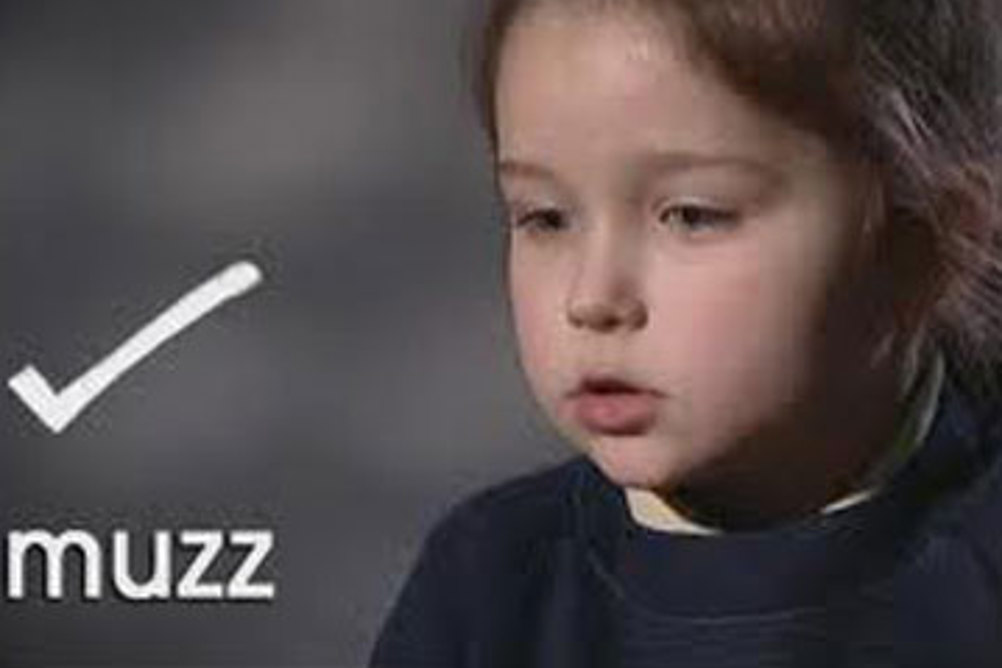
The check is taken by all six-year-olds in maintained schools, free schools and academies at the end of Year 1.
Eight primary schools have been awarded grants of £10,000 each to work with local primary schools in their area, as part of the Government's drive to eliminate illiteracy.
Each of the schools receiving the funding had more than 93 per cent of six-year-olds passing the check, is a high-performing school and has a track record in leading improvement.
The money will be used by groups of schools to develop models to improve phonics teaching that have the potential to work for other schools.
The Government sees phonics as the best way to teach children to read.
Register now to continue reading
Thank you for visiting Nursery World and making use of our archive of more than 35,000 expert features, subject guides, case studies and policy updates. Why not register today and enjoy the following great benefits:
What's included
-
Free access to 4 subscriber-only articles per month
-
Unlimited access to news and opinion
-
Email newsletter providing activity ideas, best practice and breaking news
Already have an account? Sign in here
